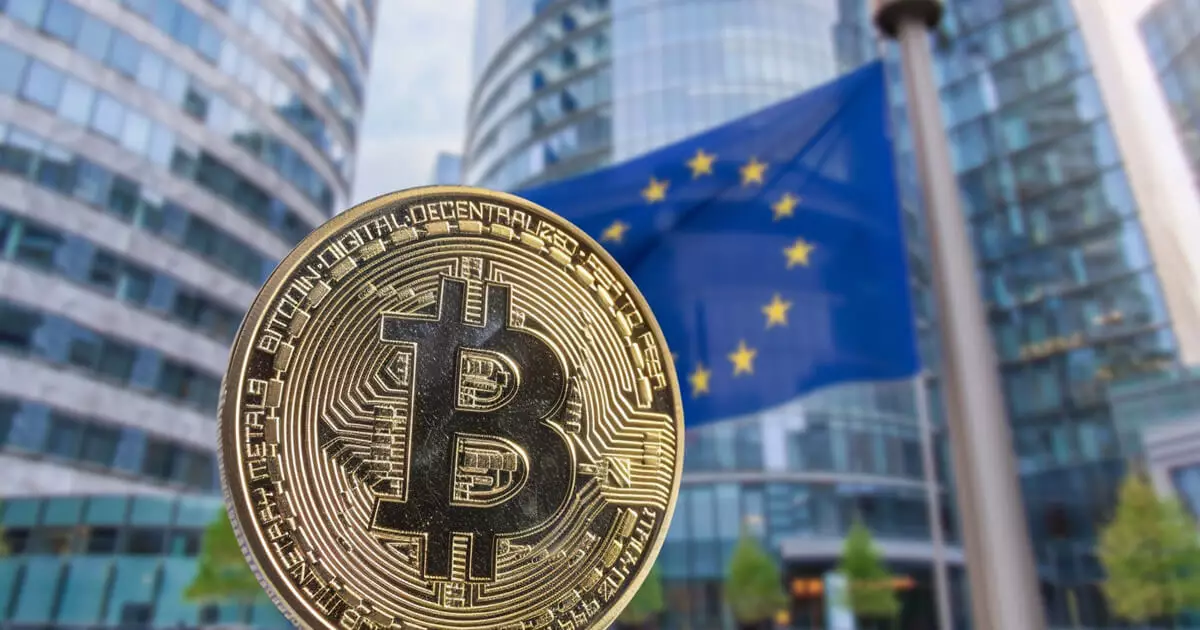The landscape of digital finance is constantly evolving, with the emergence of crypto assets presenting new challenges and opportunities for regulators across the globe. The European Union has taken proactive steps with the Markets in Crypto-Assets regulation (MiCAR) to establish a harmonized framework for crypto-asset services. However, there is a critical gap in the regulatory framework when it comes to non-custodial crypto asset service providers operating in the decentralized finance (DeFi) industry.
While MiCAR defines crypto asset service providers as legal persons engaged in the professional provision of crypto-asset services to clients, it fails to encompass non-custodial service providers. This oversight creates loopholes for financial crime as these entities are not required to follow Anti-Money Laundering (AML) laws or adhere to the regulations set forth in MiCAR. This lack of oversight increases the risk of fraud, financial losses, and illicit financial activities for investors and consumers.
The Debate on AML Laws
There is a core debate within the regulatory space on whether non-custodial providers should be subject to AML laws. While the Financial Action Task Force (FATF) recognizes the risks associated with DeFi, the EU proposal currently excludes these entities. The European Banking Authority (EBA) has also highlighted the AML risks associated with transactions involving Crypto Asset Service Providers (CASPs). The exclusion of non-custodial providers from these regulations underscores the need for a more comprehensive and forward-looking regulatory framework.
The current regulatory framework, including MiCAR, primarily focuses on providers that take custody of client assets or operate within traditional financial models. This leaves a significant portion of the crypto asset ecosystem unregulated. There is a call for MiCAR 2 and an updated AML regulation to address these gaps in the regulatory framework. The delay in regulating non-custodial providers only prolongs the discussion on topics like the regulation of DeFi without providing a clear path to compliance.
Regulating the crypto asset sector is not a challenge unique to the European Union. It requires international collaboration and harmonization of standards to effectively manage the risks associated with digital finance. Insights from international organizations will be invaluable in navigating the challenges and opportunities presented by this dynamic sector.
It is inevitable that non-custodial platforms offering services such as staking will eventually require additional AML and risk management measures for consumer protection. The current two-class system, where non-custodial providers operate without strict regulations, is not sustainable in the long run. As the industry continues to innovate, regulators must adapt and evolve to ensure the integrity and stability of the financial system.














Leave a Reply